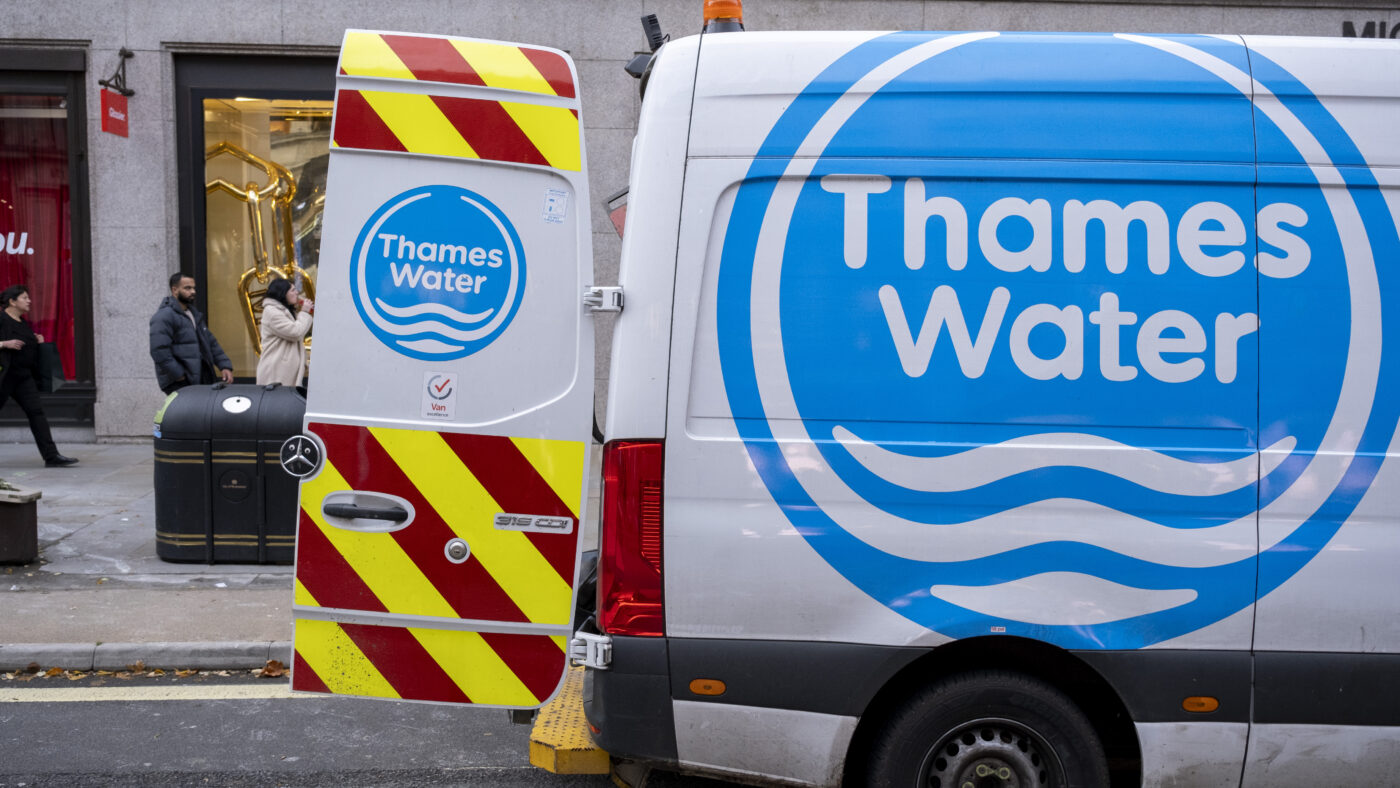The release of raw sewage into Britain’s waterways has reached the ‘worst on record’, according to headlines this week. Water companies spent 3.6m hours last year dumping into rivers and coasts across England, a jump from 1.8m hours in 2022. This is superficially true, but far less revealing than it first appears.
The foremost reason for the increase is heavy rainfall. According to the Met Office, last year was England’s 6th wettest year since 1836. Britain’s historic sewage system mixes rainfall and sewage. When there is a storm, the choice is to use overflow pipes into rivers and the coast or allow sewage out onto the streets and have it come back up through toilets. (To fix this problem, separating sewage from rainfall, could cost up to £650bn.)
This historical comparison speaks to the other problem with claims about record amounts of sewage dumping. Data collection from overflow pipes only began in 2015, and last year was the first time ever that 100% of sewage releases have been counted. This makes historical comparisons worse than useless – they are deceptive.
These facts have not, however, stopped Liberal Democrat leader Ed Davey from describing the situation as a ‘scandal’ and calling for the declaration of a national environmental emergency. Nor has it muted the oft-heard demand to renationalise water.
The argument for a state takeover is that the water industry has loaded itself with debt, underinvested in the system, and prioritised profits and executive bonuses. Britain’s water system is more broken than ever and privatisation has been an abject failure.
While water companies have been far from perfect, this pro-nationalisation narrative very much underestimates the achievements since privatisation and the trade-offs at the heart of this debate.
Privatisation was pursued because there was little appetite for public funding for the huge investment required to replace ageing Victorian infrastructure and meet new environmental standards. Inevitably, politicians prioritise current spending on welfare, hospitals, and schools over longer-term capital investments that will only pay off when they’re out of office.
Since privatisation, there has been a significant jump in capital spending. The private water companies have invested £190bn since 1989 – a figure that outstrips dividends by 250%. They have also significantly improved productivity – up by 64%, according to a Frontier Economics report published in 2017. As a result, bills are £120 lower than they would otherwise be, according to Ofwat. Leakage, supply interruption and low pressure are all down.
Of course, further investment in sewage treatment facilities and new pipes to prevent more leaks could have been and will be made. But this is not entirely a decision for the water companies. It ultimately comes down to Ofwat, the sector regulator, which sets investment levels, bills, and profit levels.
In fact, because of the ‘regulated asset base’ model, the incentive for water companies is to invest more to justify higher bills and profits. Last October, Water UK proposed a £96bn investment over 2025-30. This money is meant to cut spills by 40% by the decade’s end. The companies are awaiting approval from Ofwat for these plans, which will also necessitate a bill increase. Investment isn’t free.
Advocates of nationalisation will retort that more could have been invested in the sector if companies did not have to pay out profits to shareholders. However, this argument overlooks the fundamental need for companies to generate returns on borrowed capital to attract investment for improvements and maintenance. The government also has borrowing costs and, due to less of a profit motivate, tends to be less efficient.
No major or minor political party, with the exception of the Greens, is calling for renationalisation. Labour under Keir Starmer has notably not committed. This may ultimately be because it would come with a gigantic price tag – up to £90bn, according to the Social Market Foundation. It would then require tens of billions more in public investment, something that a fiscally stretched state sector is unlikely to provide. The alternative approach proposed by the Corbynistas, confiscating the assets, would risk turning Britain into a banana republic.
Water companies are certainly not angels – many have recently been fined for failing to meet targets, including breaching commitments to reduce sewage dumping, and accused of deceptive conduct.
They have also partaken in some financial engineering, in the form of extensive borrowing. This made some sense in an era of low interest rates but is now coming back to bite, particularly for Thames Water. A government bailout would only highlight the moral hazard.
Nevertheless, more state control of the sector is far from a panacea and privatisation is far from an obvious failure.
Click here to subscribe to our daily briefing – the best pieces from CapX and across the web.
CapX depends on the generosity of its readers. If you value what we do, please consider making a donation.


